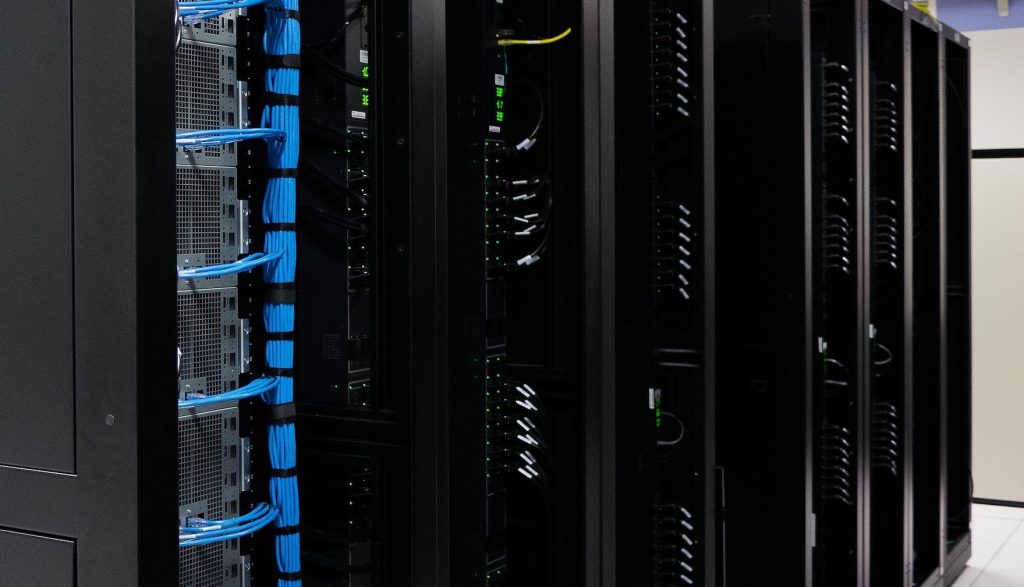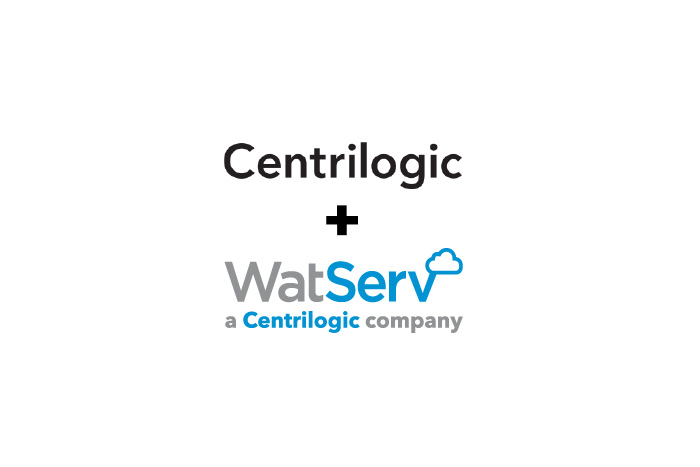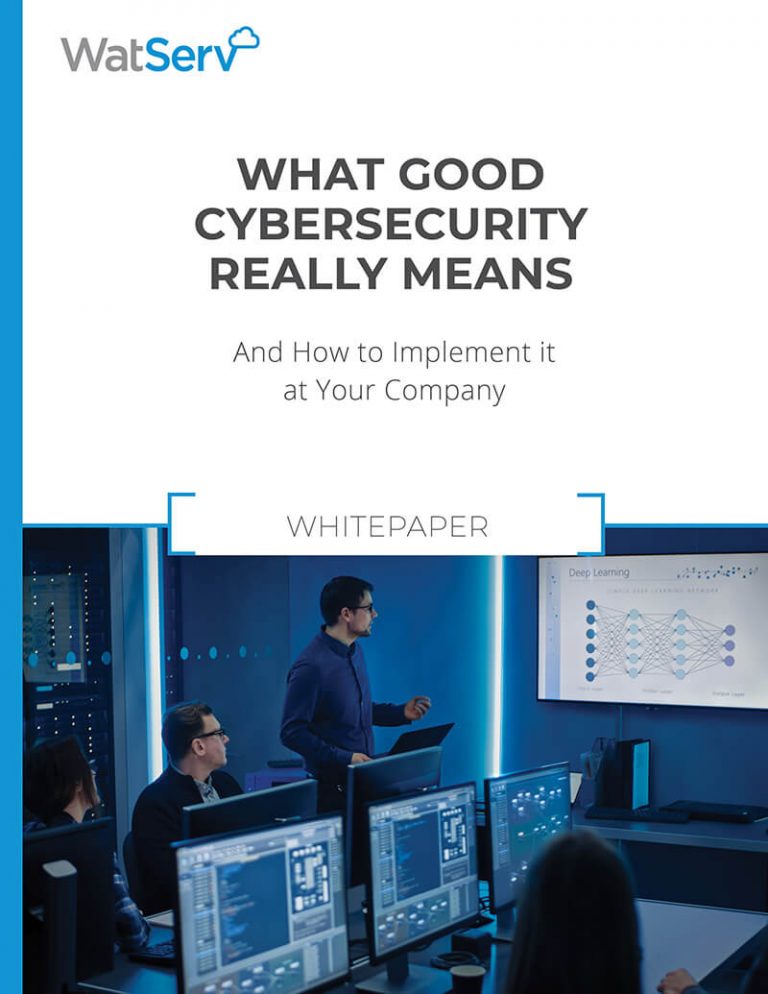Cloud Migration Considerations: Three Questions to Ask
Tyler Doerner, VP, Application Services

Will You Tackle Your Cloud Migration and Management Internally or Outsource it?
As we move into 2021, many companies are feeling the pressure to undergo digital transformation – or be left behind. This is further complicated by the fact that internal IT teams rarely have the skillset or bandwidth to support such fundamental change. So, the question becomes: should you invest in the right people to manage your cloud internally, or outsource the tasks to a company specializing in cloud migrations and management?
More and more, we’re seeing companies choose the outsourcing route. They’ve seen that success most often occurs when internal IT teams shift their focus from maintaining systems to adding value to the business. In fact, many feel the future role of IT will be to work with internal stakeholders to identify business challenges and then seek out technology solutions to solve those challenges. As an alternative to having internal IT teams focus on maintaining network connectivity, patching servers, supporting desktops and so on, businesses are finding that when they outsource these activities, it frees up time to focus on core value-add capabilities.

What Does Your Ideal Cloud Scenario Look Like?
While cloud-based technologies and infrastructure are critical to the future success of most businesses, each use case should be evaluated for economic and business advantages. In highly regulated industries with data residency or sovereignty requirements – or where businesses operate in remote areas where internet connectivity is not reliable – the cloud may not be the right option for certain applications.
To solve for these issues, many organizations are turning to a hybrid cloud deployment. Most companies, whether they know it or not, are already in a hybrid cloud scenario for certain functions – think Salesforce.com for a CRM, Exchange Online by Microsoft for email or an on-premise ERP. These independent technologies may require integration but are deployed in different clouds by different providers.
Determining the right application and deployment scenario is critical to adding value to your business. Choosing the right option will shorten your path to success and deliver critical economic and technical benefits.

What Strategies Will You Use to Get to the Cloud?
There are numerous strategies that can be used when evaluating the future of your existing applications. However, there are three approaches that are often recommended:
- Re-hosting – This is usually the first and most logical step for organizations looking to migrate to the cloud, especially if there are other external factors creating pressures like a datacenter contract expiring or datacenter issues. Re-hosting involves taking an existing application, and simply moving it to the cloud. The workloads being migrated are generally kept on premise or in a partner-hosted data center. By moving existing business applications to the cloud, you minimize disruption for end users, since they don’t have to learn a new application, while also getting the benefits of a modern cloud infrastructure. Once existing applications have been migrated, it’s easier to start an optimization project, since the applications, data and networking are already in the cloud.
- Re-platforming – Once an application has been rehosted, the next natural step is to look at re-platforming. (You could also, of course, bypass re-hosting and go straight to re-platforming.) Re-platforming involves taking an existing application to the cloud and then modernizing the underlying technology. It looks to take advantage of the new platform to improve performance, reliability and reduce costs. Cloud service providers like Azure, AWS and Google have a suite of technology available for re-platforming databases, storage, backups, disaster recovery and so on.
- Repurchasing – This involves looking at the business fit of an existing technology and deciding if it will continue to fit going forward. Sometimes applications can be made to fit and other times they need to be replaced with modern cloud-based applications. Think: moving a legacy CRM system to Dynamics 365 or Salesforce versus custom developing a CRM solution.
When an organization doesn’t have the internal IT capabilities or capacity to handle these activities, working with a knowledgeable provider can ensure a successful outcome.
Looking Ahead to 2021 and Beyond
Cloud innovation is moving at the speed of light. IT teams have much to think about. In addition, the role of IT is changing, and companies are expecting their internal teams to deliver on digital transformation mandates. For each cloud opportunity that’s created, challenges emerge. By understanding cloud options and engaging with the right experts to support internal capacity or bridge knowledge gaps, successful organizations will not only keep up, they can outperform.
Want to continue the conversation? Get in touch with our team of cloud experts today.

CASE STUDY
WatServ Supports Gerrie Electric from Strategy to Execution of its Digital Transformation
WatServ demonstrates best-in-class capability and market leadership through proven technology and customer commitment.
About
WatServ is an IT solutions provider that helps organizations digitally transform through cloud technologies and managed services.
Serving clients as a trusted advisor since 2006, WatServ provides experience-tested, strategic solutions across all stages of the digital transformation journey. Clients choose WatServ to migrate infrastructure and applications to the cloud, secure critical data, implement disaster recovery, deploy virtual desktop, enable data-readiness for productivity solutions and manage IT environments.
Our clients span a broad range of industries, and we’re a global supplier of IT services for many Brookfield Portfolio Companies. To help our mid-size clients, we provide scalable offerings that simplify cloud adoption and drive business optimization. For enterprise clients, we co-create cloud solutions that enable stability and efficiency for complex IT tools and processes.
With more than 15 years of experience, WatServ has a track record of delivering quantifiable business results and a superior client experience. Ranked as one of Canada’s Top 100 Solution Providers for the last three years in a row, WatServ is always on.







